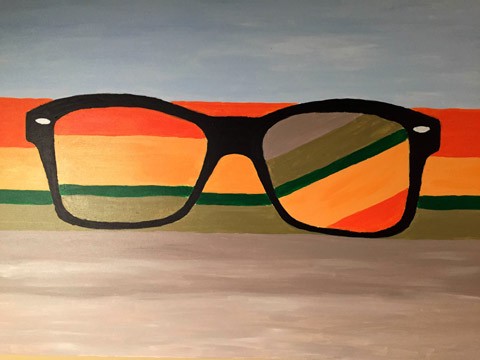This essay is written in response to a colleague who, for the sake of anonymity, I will simply refer to as Dr. X (or perhaps, as @wallacetim dubs him, Professor Glasses). During the first ever #mapTimeLEX—an event inspired by @alyssapwright, and here in Lexington, largely an ode to @lyzidiamond and @mappingmashups—Dr. X graciously posed the question that the rest of us were too afraid to ask:
“What is the political economy of the GeoJSON format?”
For those of us struggling to get our heads around the complex technical landscape of the contemporary web mapping workflow, the Professor’s question may initially appear at best misplaced. At worst, the injection of such critique into Web Cartography is an unnecessary ivory tower distraction from mastering such fundamentals as the asynchronous JavaScript callback or ensuring spatial data are all encoded with the correct coordinate reference system … much less making a beautiful map and telling a story with it.
However, having spent years spinning yarn among social theorists and human geographers myself, I’ll accept the question with an open mind and consider what this question means and how such critique can be of value for map making. Openness, I dare remind us, is a highly celebrated ethic within the web community and a pillar of web mapping’s current incarnation. So thank you for the question, Professor Glasses.
View full posting.

